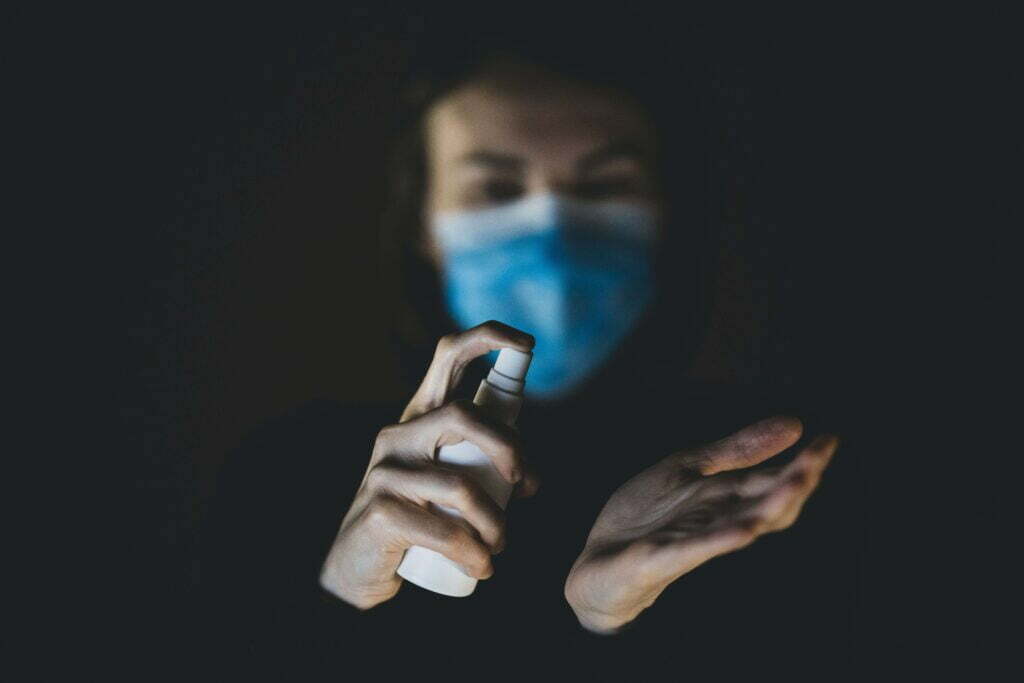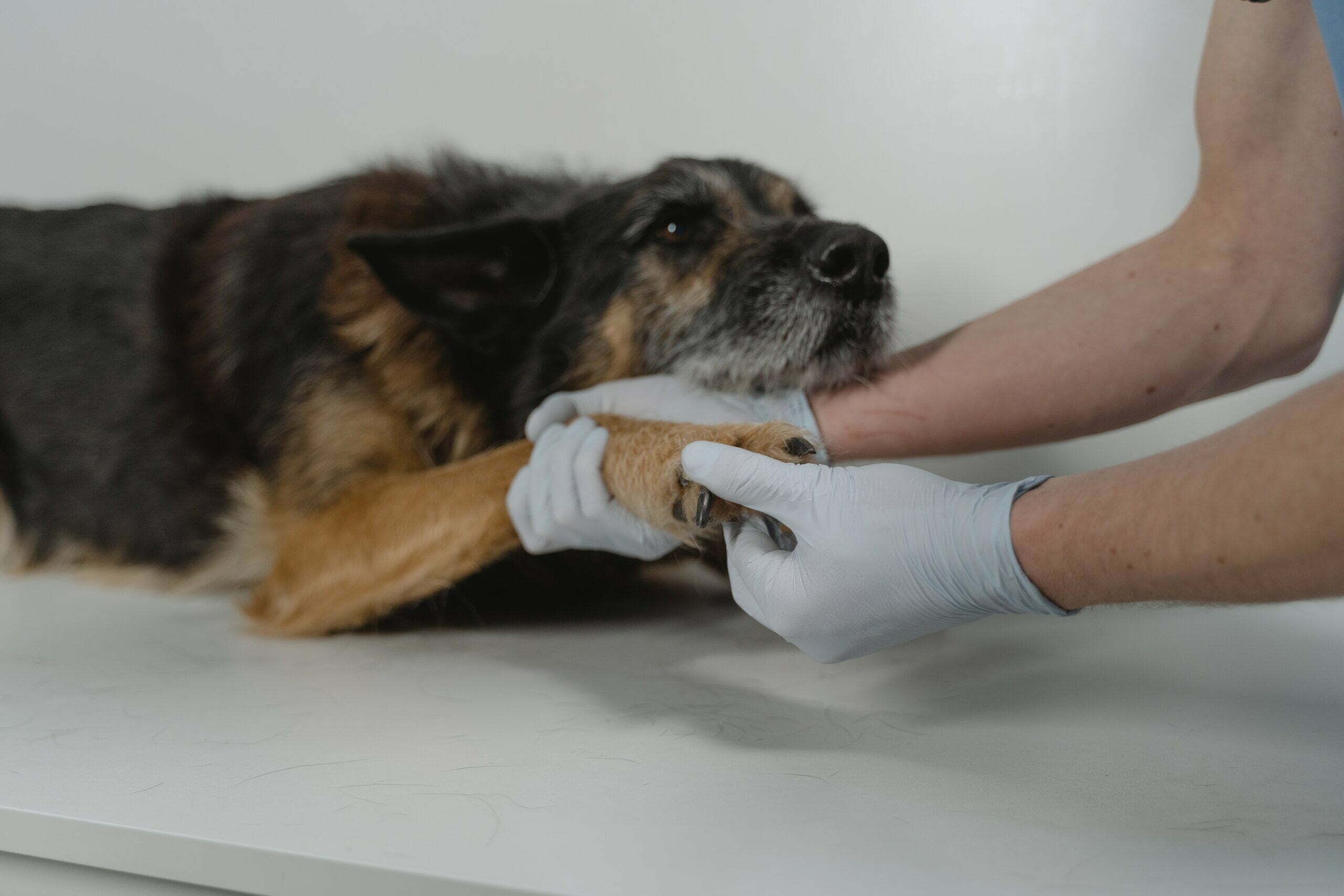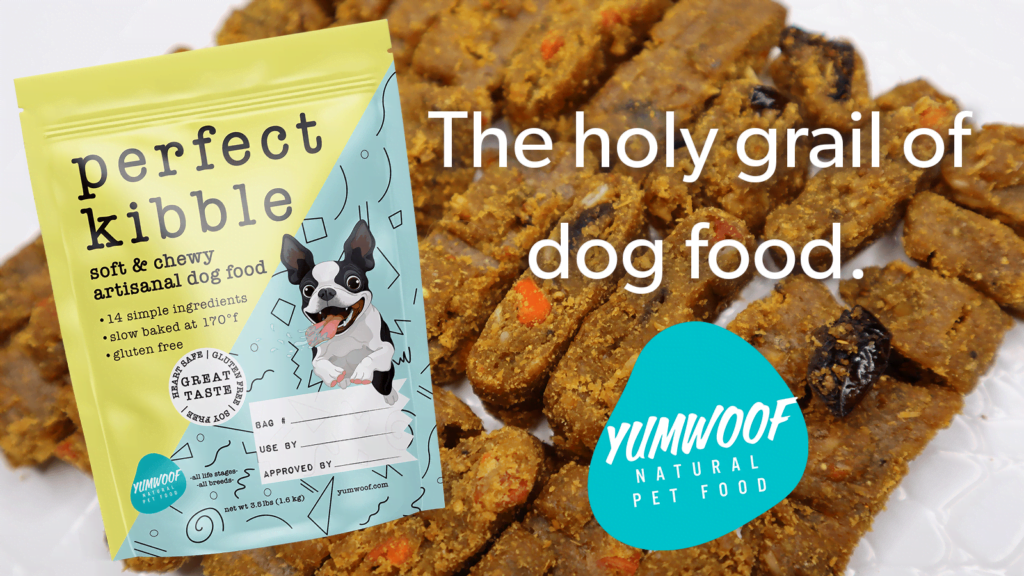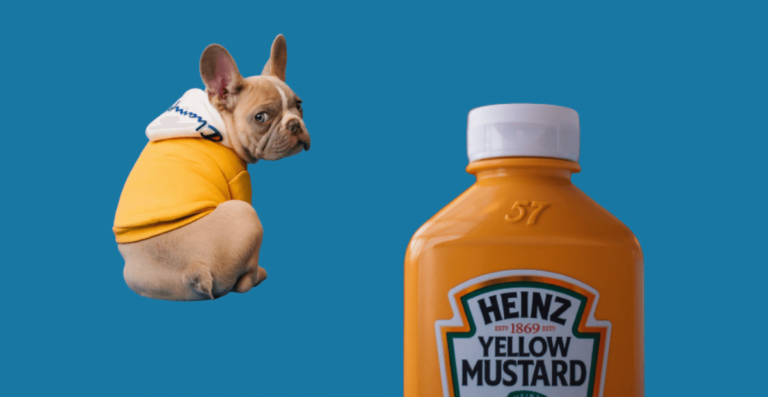Could your pet get covid-19? Study reveals risks for pets exposed
Coronaviruses are a viral family that includes a huge number of different viruses. Some coronaviruses like covid-19 make individuals sick with cold-like symptoms. Others cause illness in certain kinds of creatures, such as cattle, camels, and bats. Some coronaviruses exclusively infect animals and not humans.
IS COVID-19 TRANSMISSIBLE TO DOGS AND CATS?
Yes, the coronavirus that causes COVID-19 may infect dogs and other animals, but health experts believe the chance of it transmitting to people is minimal. Dogs, like people, can come into touch with pathogens and not always become ill.
The virus that causes COVID-19 has been infected in pets, especially cats and dogs, according to the US Centers for Disease Control and Prevention (CDC). This typically occurred when the animals came into interaction with individuals who had been afflicted with the COVID-19 infection. Dogs, cats, rabbits, hyenas, and white-tailed deer are some of the creatures that have tested positive for the virus, which they contracted from sick people in the majority of instances.
While you don’t have to be concerned about your pets catching COVID-19, they should be concerned about catching it from you. Humans who have been diagnosed with COVID-19 should stay away from pets, farm animals, and wildlife, as well as other people.
CAN DOGS AND CATS UNFOLD THE VIRUS THAT CAUSES COVID-19?
The threat of animals transmitting the COVID-19 virus to humans is thought to be minimal. The virus that causes COVID-19 does not seem to be distributed primarily by animals. There is no proof that viruses may be transmitted from a pet’s skin, fur, or hair to humans or other animals.
Animals, on the other hand, can contain other viruses that can make people sick. Young children, adults with compromised immune systems, and those aged 65 and up are all vulnerable. They should exercise caution and wash their hands after coming into contact with an animal.
WHAT SHOULD I DO IF I’M INFECTED WITH COVID-19 AND HAVE A PET?
If you have COVID-19 and a pet, keep yourself apart from everyone else, including your pet, save for basic care. If at all feasible, enlist the help of a family member to look after your pet. Avoid touching, hugging, kissing or licking your pet, as well as sharing meals or beds. Wear a face mask if you care for your dog or are around animals when you’re ill. Before and after touching animals, their meals, waste, and supplies, wash your hands.
Make sure you wash up after your pet as well. If your pet falls ill as a result of COVID-19, do not take your pet to the veterinarian yourself. Instead, make an appointment with a veterinarian. He or she may give you guidance over the phone or devise a new treatment plan for your pet.
Only pets exhibiting symptoms who have been exposed to a person with COVID-19 should be tested.
IF MY PET HAS COVID-19, WHAT SHOULD I DO?
If your dog shows symptoms for the virus that causes COVID-19, take the same measures you would if a member of your family fell ill. Make an effort to keep your pet at home in a different room from the rest of your family. Also, adhere to the following guidelines: When handling your pet’s food, dishes, trash, or bedding, put on gloves. After handling your pet’s belongings, wash your hands.
Do not cover your pet’s face with a mask. Do not use disinfectants on your pet. Contact your veterinarian if your pet introduces new signs or appears to be getting worse. There’s cause to be optimistic if your pet falls unwell.
The virus that causes COVID-19 was found in a limited number of dogs and cats, and some of them showed no indications of disease. The majority of sick dogs had minor symptoms and could be cared for at home. Serious illness in pets is quite rare.

HOW CAN I PREVENT MY PET FROM BECOMING INFECTED WITH THE VIRUS?
Although transmission from individuals to pets looks comparatively uncommon, if you’ve been confirmed with COVID-19 or have symptoms like dry cough or fever, shield your pets constant method you’d shield people. While you’re sick, keep a physical distance from your pet and take the same measures that people do, such as frequent hand washing and coughing or sneezing into your arm.
Hand washing before and after handling their food, feeding bowls, and other pet supplies is also recommended. I want to underline that if you have COVID-19, you DO NOT have to put your pet up for adoption. Animals may give us with a great deal of comfort and health advantages during these stressful times. Make an appointment with your veterinarian if you have any worries about your pet’s health.
You have to read: Fish oil supplements for dogs -Benefits
Subscribe to our weekly newsletter below and never miss the latest article.









One Comment